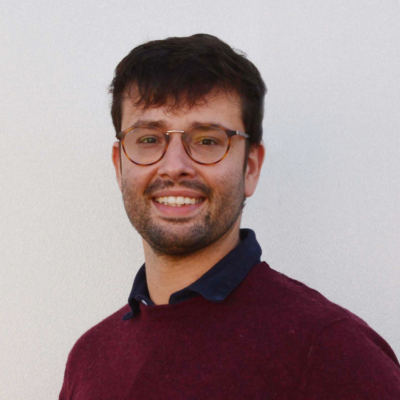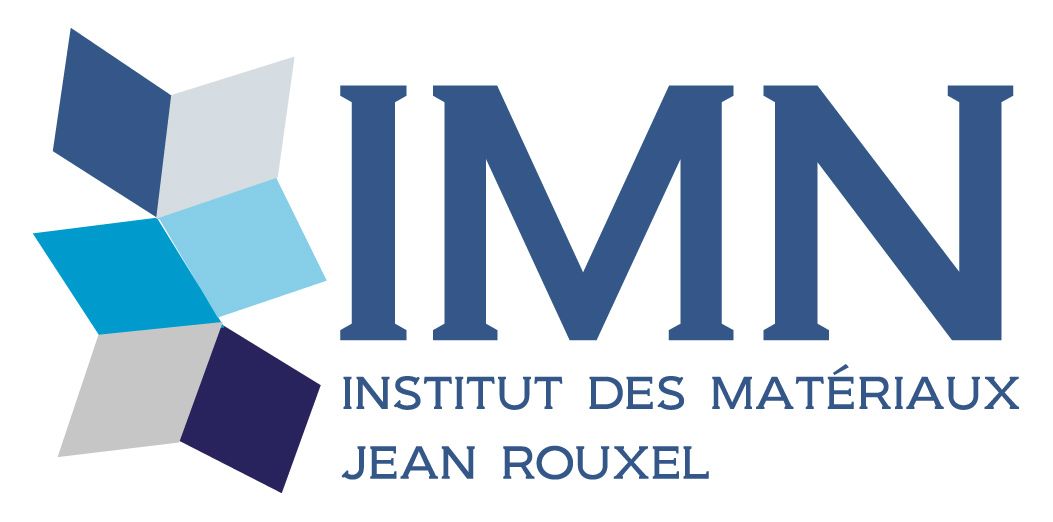

Massive energy storage is a major challenge for the integration of renewable energies in the evolution of the energy mix needed to achieve the energy transition in France. One of the most promising paths is to store energy using fluid vectors. The Electrolysis-Methanation-Oxycombustion (EMO) concept is designed to provide a closed-loop solution capable of absorbing excess electricity generation, particularly from intermittent renewable energies, and to restore them later, via a transient storage of O2, CO2 and CH4. The EMO cycle responds to two major locks of electrical energy storage systems via transformation into CH4: i) the massive need for CO2 to feed the methanation and ii) the emission of CO2 in the atmosphere after the combustion of CH4 . In this concept, the oxygen resulting from the electrolysis is used to burn the CH4, product of the reaction of H2 and CO2, in an oxy-fuel combustion reactor. Given its relative purity, emitted CO2 is then easily captured and can replenish methanation. This process therefore involves the temporary, massive and reversible storage of a large quantity of fluids (O2, CO2 and CH4). The storage of fluids in saline cavity is studied for this purpose. The main objective of the FluidSTORY project is to study the feasibility, safety and integrity of storage of energy vectors in salt cavities, as well as the conditions that must be met in the medium-long term (2030-2050), in France, to achieve the energy and economic profitability of the EMO concept. To do this, the project includes an economic component aimed at the construction of electricity production scenarios at the studied horizon, in order to estimate the needs in terms of storage, and the energy context in which the process could provide a solution. The profitability of the process is evaluated in fine. At the same time, a systematic inventory of existing cavities and formations likely to house new cavities makes it possible to check the availability of potential storage volumes, and to collect their useful characteristics for this application. To understand the behavior of Project Acronym: FLUIDSTORY saline cavity and to study the physico-chemical, thermodynamic and geomechanical processes that take place there, an important part of the project is devoted to lifting the latches posed by the underground storage process of O2 and CO2. Two options are studied, i) a storage of each fluid in separate cavities, or ii) the storage of the two O2 / CO2 fluids in the same volume. The thermodynamic and thermomechanical behavior of the cavities and the geochemical balance between the fluids and the residual brine will be studied theoretically, numerically and experimentally. Compared to the previous FluidSTORY proposal submitted in 2014, this new version has been enriched by the study of surface key elements and their interactions with storage cavities, providing an understanding of the overall process and its operational needs. . Finally, the project includes an analysis of the risks associated with the operation and phase of site abandonment, in order to take into account the regulatory context from the concept development phase. An operational summary of this work will be produced in the form of recommendations to accompany the subsequent phases of the development of the EMO concept. In order to benefit from the operational experience of the industry and to promote the future dissemination of the concept, a technical monitoring committee, already including GDF Suez and Air Liquide, is involved in the project. It will help to choose the right options at the main stages of the project. On the scientific level, two thesis topics will be associated with the project, one on the geochemical aspects of the behavior of the stored fluids, the other on the geomechanical aspects of the behavior of the cavities.
Action de communication : 56
Publication scientifique : 14
Emplois crées : 21
Rapport final : 7
No member partner
LABORATOIRE LMS
GTT
GEOSTOCK
BROUARD CONSULTING
ARMINES - GÉOSCIENCES
GEOGREEN
Start of the project on27 / 07 / 2024 | End of project on27 / 07 / 2024
Strategic business lines
 Smart grids
Smart grids
 Smart grids
Smart grids
Referent of the project
 Guillaume ANDRES
Guillaume ANDRES
06 43 65 78 56
guillaume.andres@s2e2.fr
Pays de la Loire




The ZORG project aims to achieve a unified understanding of the links between zinc electrolyte…



The HyBer project is an ambitious initiative to create a hydrogen ecosystem in the department…
